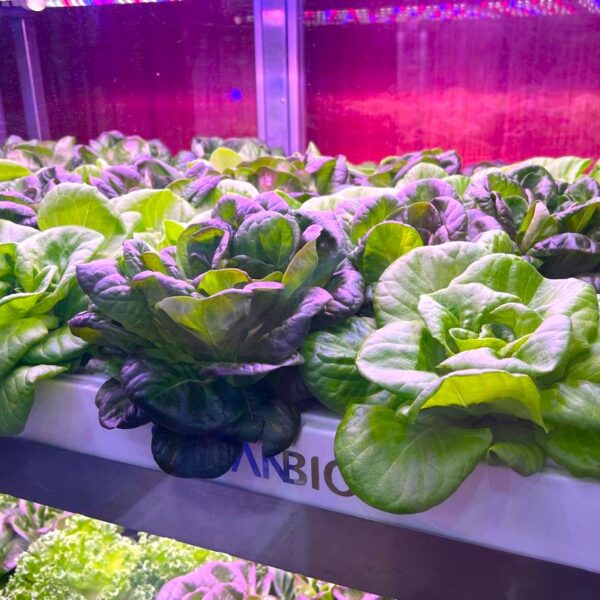Biofortification stands at the forefront of agricultural innovation, offering a promising solution to address malnutrition and enhance the nutritional quality of crops. This process involves breeding crops to increase their content of essential vitamins and minerals, such as iron, zinc and vitamin A. By harnessing the power of nature’s nutrients, biofortified crops have the potential to significantly improve public health and well-being, particularly in regions where nutrient deficiencies are prevalent.
One of the key benefits of biofortification is its ability to provide a sustainable and cost-effective approach to improving nutrition outcomes. Unlike traditional methods of supplementation or fortification, which require ongoing investment and distribution infrastructure, biofortified crops become a permanent part of the food supply. This means that individuals can access essential nutrients simply by consuming locally grown, biofortified foods, without the need for additional interventions.
Furthermore, biofortification has been shown to have a positive impact on agricultural productivity and resilience. By breeding crops with enhanced nutritional content, farmers can cultivate varieties that are more resistant to pests, diseases and environmental stressors. This not only ensures a more reliable food supply but also reduces the need for chemical inputs and promotes sustainable farming practices. Overall, biofortification represents a powerful tool for improving both human health and agricultural sustainability.

 All
All Leafy Greens
Leafy Greens Salad
Salad Microgreens
Microgreens Edible Flower
Edible Flower Herbs
Herbs


